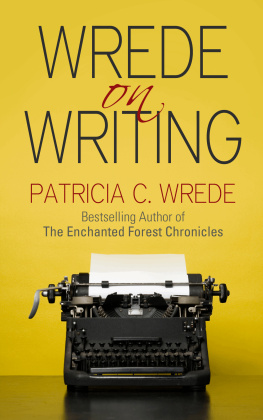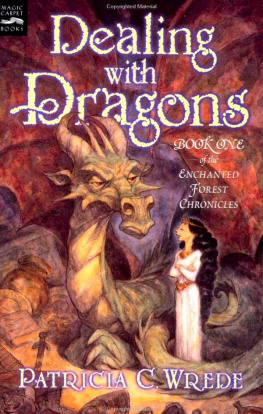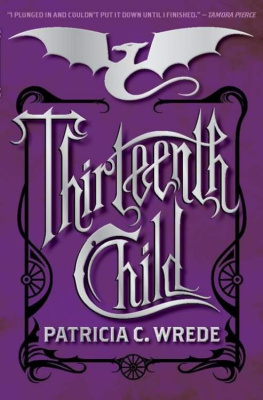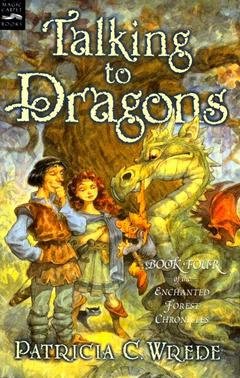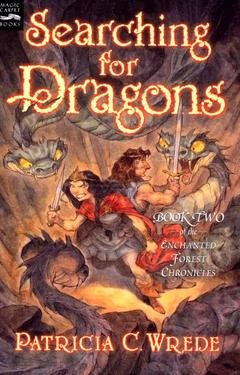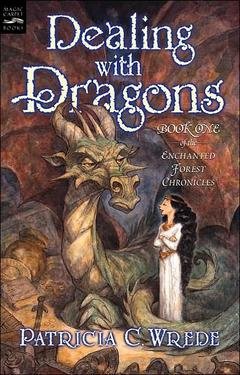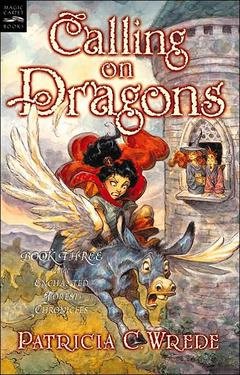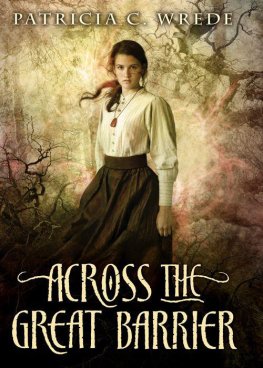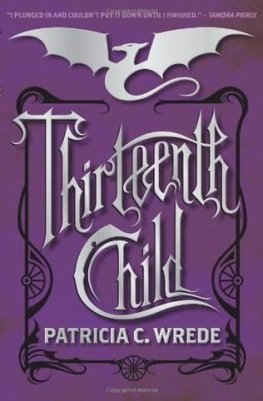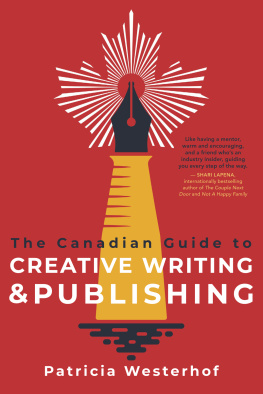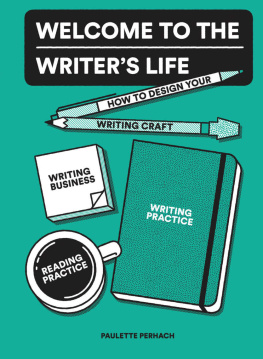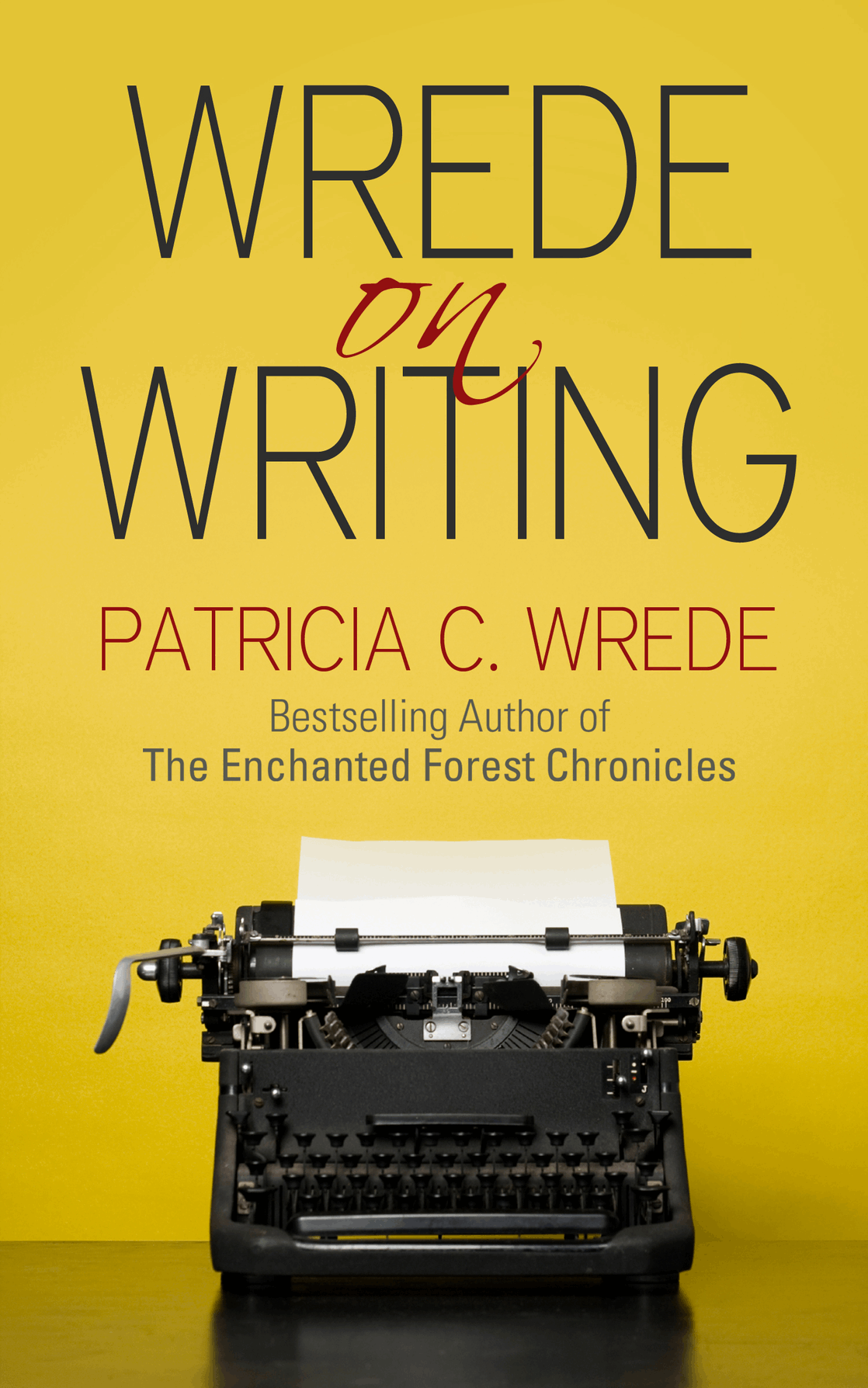Copyright 2013 by Patricia C. Wrede
All rights reserved, including the right to reproduce this book or portions thereof in any form whatsoever.
Getting Started
What writers need to know before they start writing: questions of story creation (where do you get your ideas?), story development (getting an idea ready to start writing), and process (how the heck do I do this?!).
Write.
No, really, thats it. Its kind of a definitional thing. In order to be a writer, you have to be someone who writes. Period. You dont have to follow a bunch of rules; you dont have to be educated; you dont have to be nice; you dont even have to be particularly professional in your attitudes (though if you arent, you can expect to have a much harder time selling your stuff to an editor). You certainly dont have to be worthy. All you have to do is write.
On the flip side, if you arent writing, you arent a writer. Talking about writing is not writing. Reading how-to-write books is not writing. Research is not writing. Telling stories is not writing. Writers write. Thats the definition.
Writers write. Which is plenty enough, believe me.
It being the new yearand the first year of a new decadeI went poking around the web and noticed a bunch of websites for peoples New Years Resolutions. A little further investigation revealed that write a book is, in some form or another, on an awful lot of peoples lists (it was one of the twenty most popular goals on one website I found).
Speaking as someone for whom write a book is more a necessity than anything else, I have to wonder whether any of those people really know what theyre getting into. In my experience, most people dont actually want to write a book; what they want is to have written a book (preferably without spending much in the way of time or effort). Even the ones who really do want to write a book are probably underestimating just how long its going to take and how sick of it theyre going to get before they finish.
Be that as it may, a lot of folks are apparently going to take a crack at writing a book this year. I have not been asked for my advice on this, but Im going to give it anyway. (What can I say? Its what I do.)
The first piece of advice is: Take each and every piece of writing advice you get with a large boulder of salt. This is especially true of those things that everybody knows you have to do to write, write well, get published, or be successful in whatever way you define it.
Because most writing advice isnt true for everyone, and a lot of it is extremely likely to be untrue for you.
For instance, the first thing nearly everybody looks for when they want to sit down and write a book is an idea. OK, yes, you do need an idea or two at some point in the process, and this is not an unreasonable place to begin. But not every writer starts with an idea, except in the broadest sense. Some start with a place they want to write about, or a character, or a story they want to tell, or a theme, or even a purpose like I want to write a book that will inspire people! Other people start by methodically trying to acquire the skills they are going to need in order to writethey take typing or creative writing classes, keep a practice journal, or read mountains of how-to-write books.
All these things workfor somebody. All these things also dont workfor other somebodies. The real trick is to figure out what works for you.
And while a certain amount of thought and introspection up front seems to help, ultimately the only way to find what works for you is to try out a bunch of different things and see what happens. It does make sense to start by trying the more commonly useful methods first, like outlining or keeping an ideas journal or doing daily practice writing.
Some things will work for you from the get-go. Some things will work for a while then stop, and when they do, its OK to abandon them. (I kept an ideas file for about fifteen years, full of notes, brief descriptions, pictures or poetry that make my backbrain go ping, and a bunch of other stuff. I quit keeping it when I realized I hadnt looked at it for over five years.) Some things will work for you, but not the way you think theyre supposed to. (I always outline. Always. And then I dont follow the outline. Always. I have to have it in order to see where Im not going. Or something.) Some things wont work at all. (Ive tried doing practice writing, and I just cant stick to it. My practice writing is my actual pages for the day.)
The most important thing, though, is to figure out how you writewhether youre a page-a-day-at-nine-a.m. slogger or a burst writer who can crank out ten thousand words in one marathon session at the computer but then has to sit around doing nothing for a week or two in order to recharge. Or theres the sort who sort of graze constantly, producing a paragraph here and a sentence there all through the day or week, feeling as if you arent getting anything done until you get to Friday and notice that you have written an entire chapter when you werent working.
The single most common question people ask writersespecially science fiction/fantasy writersis Where do you get your ideas? The assumption always seems to be that ideas are hard to come by.
But its not really coming up with ideas that is hard. For instance, anyone can sit down and come up with a grocery list. The trouble is that broccoli, milk, hamburger buns, toilet paper is not normally perceived as story material. But as soon as you ditch that perception and start looking at the possibilities, it changes. So a normal grocery list doesnt seem much like story material. What sort of list could be story material? Broccoli, vardun swela, skim milk, flies-in-amber, eggs. OKwhats vardun swela? Why are flies-in-amber on the listis that some new weird food, or does it really mean amber with flies in it? Who (or what) is eating that amber and vardun-whatever-it-is: Is it company (long-term house guests, or dinner party?), or does this person have a housemate/significant other/family member/pet who isnt human, or is the list-writer the one whos not human and its the company/SO/pet who needs the special (normal) food? How did the list-writer get into whatever situation requires buying this odd mix of foods? How important is it? Is he going to have a hard time finding vardun swela, or is it carried everywhere now? Is it an expensive import or the equivalent of cat food? Why does she want it? Who did this list, anyway?
And the next thing you know, youve got a story about a college boy at Roswell University whose dorm room is haunted by the ghost of an alien that wont leave until it gets a proper meal, or a harried woman planning her first dinner party with her daughters prospective in-laws, who happen to be elves, or a future diplomat engaged in touchy negotiations with some aliens, who is trying to get his stomach used to their food (which tastes and smells like rotten eggs) before the big banquet tomorrow night, or whatever else strikes your fancy. From contemplating a grocery list.

